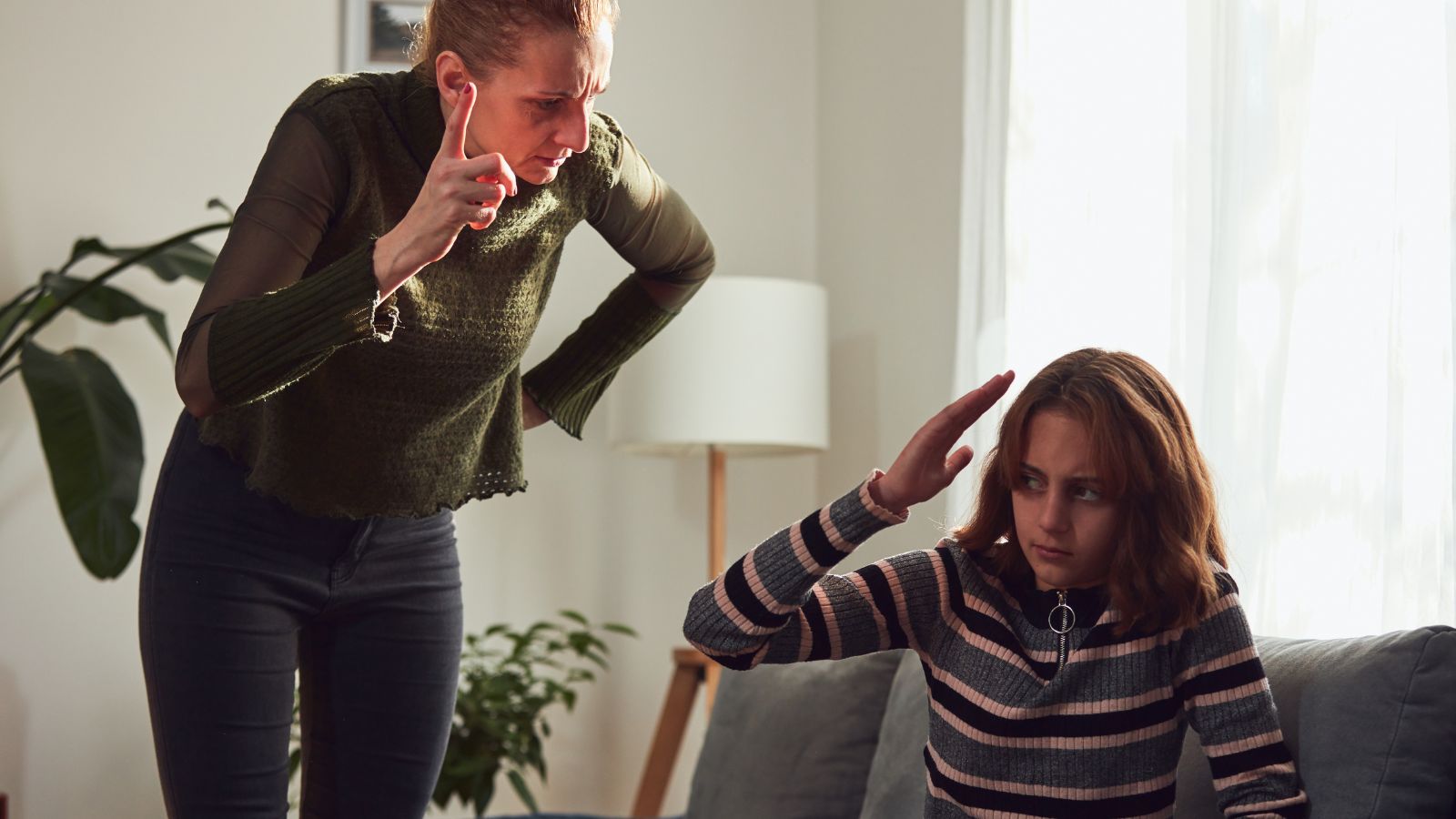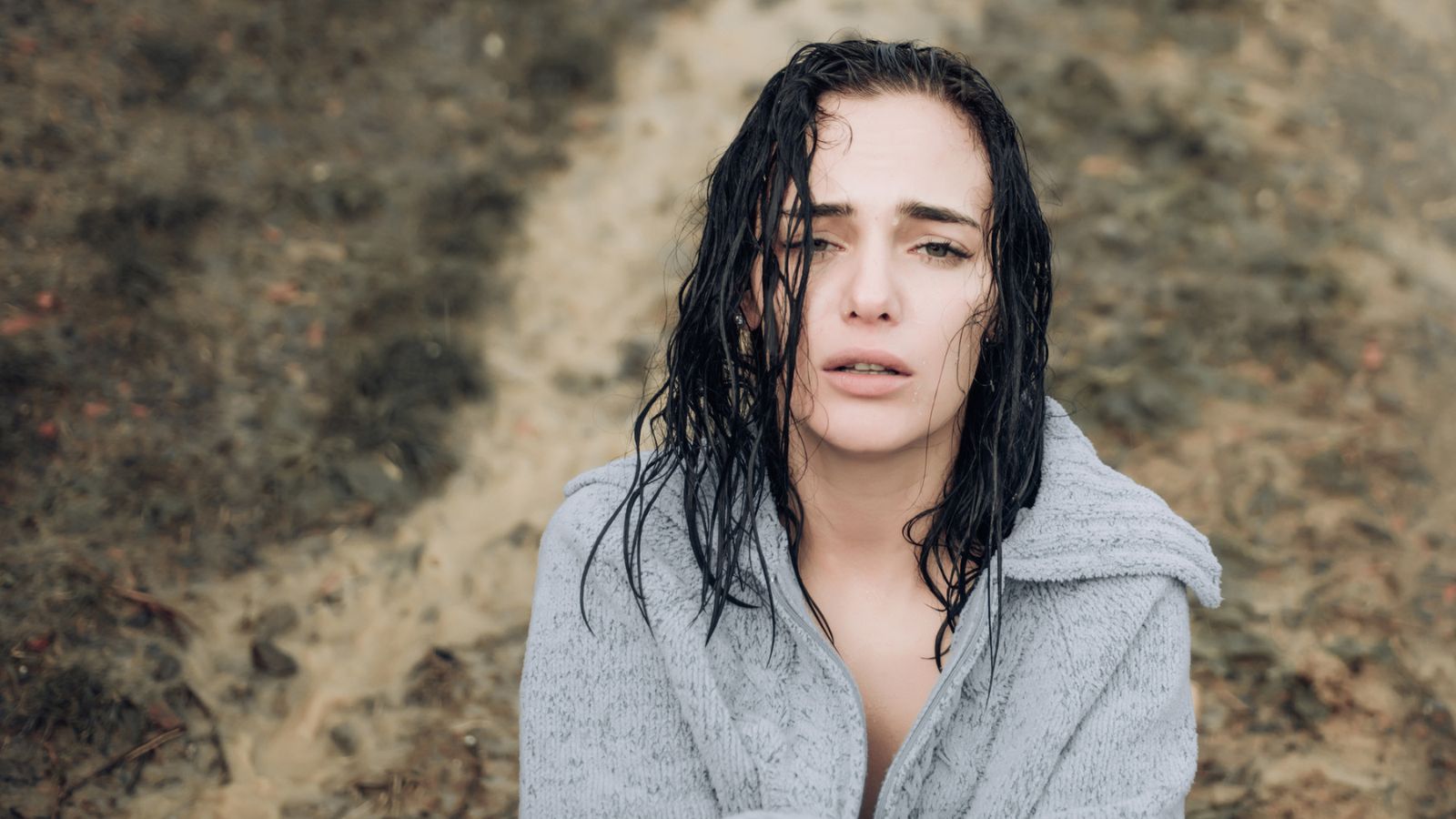10 Surprising Things That Scare Adults More Than Kids

Fear is a universal human emotion that manifests differently at various stages of life. While children often fear monsters under their beds or the dark, adults grapple with a distinct set of fears that may come as surprising. As we journey through adulthood, our experiences, responsibilities, and changing perspectives shape our fears in unexpected ways.
1. Uncertainty

Adults often find themselves more afraid of uncertainty than children. The unpredictability of the future, such as job security or financial stability, can be an overwhelming source of anxiety for many adults. Unlike children, who thrive on novelty and spontaneity, adults often prefer stability and a sense of control. The fear of the unknown can lead to adults feeling paralyzed or hesitant to take risks, hindering personal and professional growth.
2. Failure

While kids may stumble and fall without a second thought, the fear of failure can grip adults tightly. As responsibilities increase and societal expectations loom, adults become more susceptible to the fear of not meeting these expectations. The prospect of disappointment, both personally and professionally, can lead to adults avoiding risks and settling for the familiar. Unlike children who view failure as a stepping stone, adults often see it as a reflection of their self-worth, making it a potent source of anxiety.
3. Rejection

Rejection is another common fear that tends to affect adults more profoundly than children. Whether it’s the fear of rejection in relationships or social settings, adults are often more sensitive to feelings of being excluded or not fitting in. The desire for acceptance and validation becomes more significant as we grow older, leading to the fear of rejection impacting our confidence and willingness to connect with others. Children, on the other hand, are generally more resilient and often bounce back from rejection with relative ease.
4. Aging

As children, the concept of aging rarely occupies their thoughts, but it becomes a more prevalent fear for adults. The physical and emotional changes that come with aging can be unsettling, triggering concerns about mortality, health, and the loss of vitality. Adults often worry about the passing of time and the inability to reclaim youth, leading to a sense of unease or even dread. Children, with their boundless energy and a limited understanding of aging, are generally more focused on the present moment.
5. Responsibility

Responsibility, while essential for personal growth, can also be a source of anxiety for adults. Balancing multiple responsibilities, such as careers, finances, relationships, and family obligations, can be overwhelming. The fear of not living up to the expectations placed upon them or letting others down can weigh heavily on adults, making them anxious about their ability to manage it all. Children, on the other hand, often have limited responsibilities and rely on adults to guide them, allowing them to navigate the world with a lighter burden.
6. Regret

Regret is a fear that often intensifies with age, affecting adults more profoundly than children. Adults may become preoccupied with past decisions and missed opportunities, fearing that they have squandered their chances for happiness or success. The weight of regret can lead to feelings of disappointment and a sense of time slipping away. Children, on the other hand, tend to live more in the present and have fewer regrets due to their limited life experiences.
7. Judgment

Adults often harbor a fear of being judged by others, which can hinder their actions and self-expression. The fear of criticism or disapproval can be paralyzing, leading adults to second-guess themselves or conform to societal expectations. Children, on the contrary, are more carefree and less concerned about what others think of them. Their innocence and openness allow them to embrace their authentic selves without the same level of self-consciousness that adults experience.
8. Loneliness

Loneliness can be a significant fear for adults, particularly as they age or go through major life transitions. The fear of being alone or isolated can trigger feelings of sadness and anxiety, as adults yearn for meaningful connections and companionship. The complexities of adult relationships and responsibilities can make it more challenging to maintain strong social networks. Children, on the other hand, often have more opportunities for social interaction and less awareness of the potential for loneliness.
9. Loss

The fear of loss is another common fear that tends to affect adults more than children. Whether it’s the loss of loved ones, health, financial stability, or cherished possessions, adults can become consumed by worry and anxiety about potential losses. The awareness of mortality and the fragility of life can heighten this fear, leading to a constant sense of apprehension. Children, with their limited understanding of the concept of loss, often have a more carefree approach to life.
10. Change

Adults can find themselves fearful of change, whether it’s a major life transition or even minor adjustments to routine. The fear of the unknown and the potential disruption that change can bring can be unsettling for many adults. They may prefer the comfort of familiarity and resist stepping out of their comfort zones. Children, on the other hand, tend to embrace change more readily and view it as an exciting opportunity for growth and new experiences.
50 Super Simple Side Hustle Ideas

50 Super Simple Side Hustle Ideas (& How to Make Them Work)
10 Frugal Lessons I Learned From Being Flat Out Broke

10 Frugal Lessons I Learned From Being Flat Out Broke
How To Make Money Without a Job

How To Make Money Without a Job
Creative Ways To Make Money

20 Easy Ways to Raise A Credit Score Fast

Read More: 20 Easy Ways to Raise A Credit Score Fast
Frugal Living Tips: The Essential Guide To Start Saving Money

Frugal Living Tips: The Essential Guide To Start Saving Money






